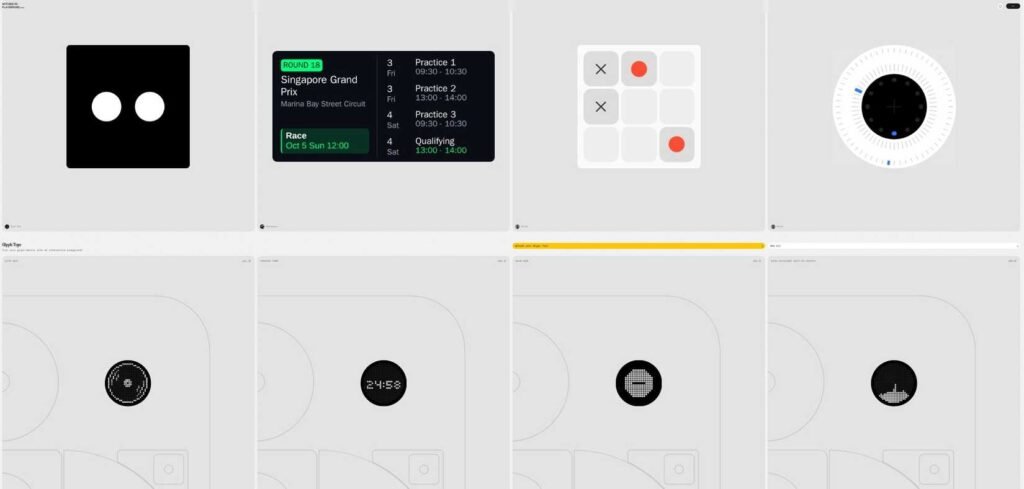A lot of information about the future of sideloading apps on Android has been swirling around the internet in the last month, ever since Google announced it would make major changes to how it will ensure third-party apps are safe for users to download and install. One of the most common concerns surrounding these changes has been about whether or not Android will stop allowing users to sideload apps, with some even heralding the functionality as one of the last major gaps between iOS and Android.
But there’s a good reason for Google to introduce these changes, even if they will fundamentally affect how sideloading apps in Android works. This isn’t the first time Google has made changes to how sideloading works, but it is a much larger initiative. Further, Google has assured users that it isn’t making this change to get rid of sideloading applications on Android altogether.
In a post on the Android Developer’s Blog, Google writes: “Sideloading is fundamental to Android and it is not going away. Our new developer identity requirements are designed to protect users and developers from bad actors, not to limit choice.”
Read more: 2 Ways To Get Faster Internet On Your Android Phone
Continued choice for app distribution

Google logo on background, smartphone in foreground with Play Store logo visible – Ahyan Stock Studios/Shutterstock
Google then added: “Verified developers will have the same freedom to distribute their apps directly to users through sideloading or through any app store they prefer,” indicating that Android device owners will still be able to sideload their favorite apps. The difference is that developers will have to go through Google’s verification process first.
Of course, there’s a reason some developers don’t already follow this path and release their apps on Google’s Play Store. Some have even posted on Reddit about the difficulties facing solo developers — from testing requirements that seem to require them to have already established a user base to the vague, bureaucratic systems that the company employs to accept or reject applications.
One thing stands true no matter how you look at it, though. Even with all of its current guidelines in place, Google isn’t stopping malicious Android apps from getting through to users. We’ve seen countless reports about malicious apps that were allowed on the Play Store, though Google later removed them. But even then, having more security in place is a positive step for users.
Enjoyed this article? Sign up to BGR’s free newsletter for the latest in tech and entertainment, plus tips and advice you’ll actually use.
Read the original article on BGR.







